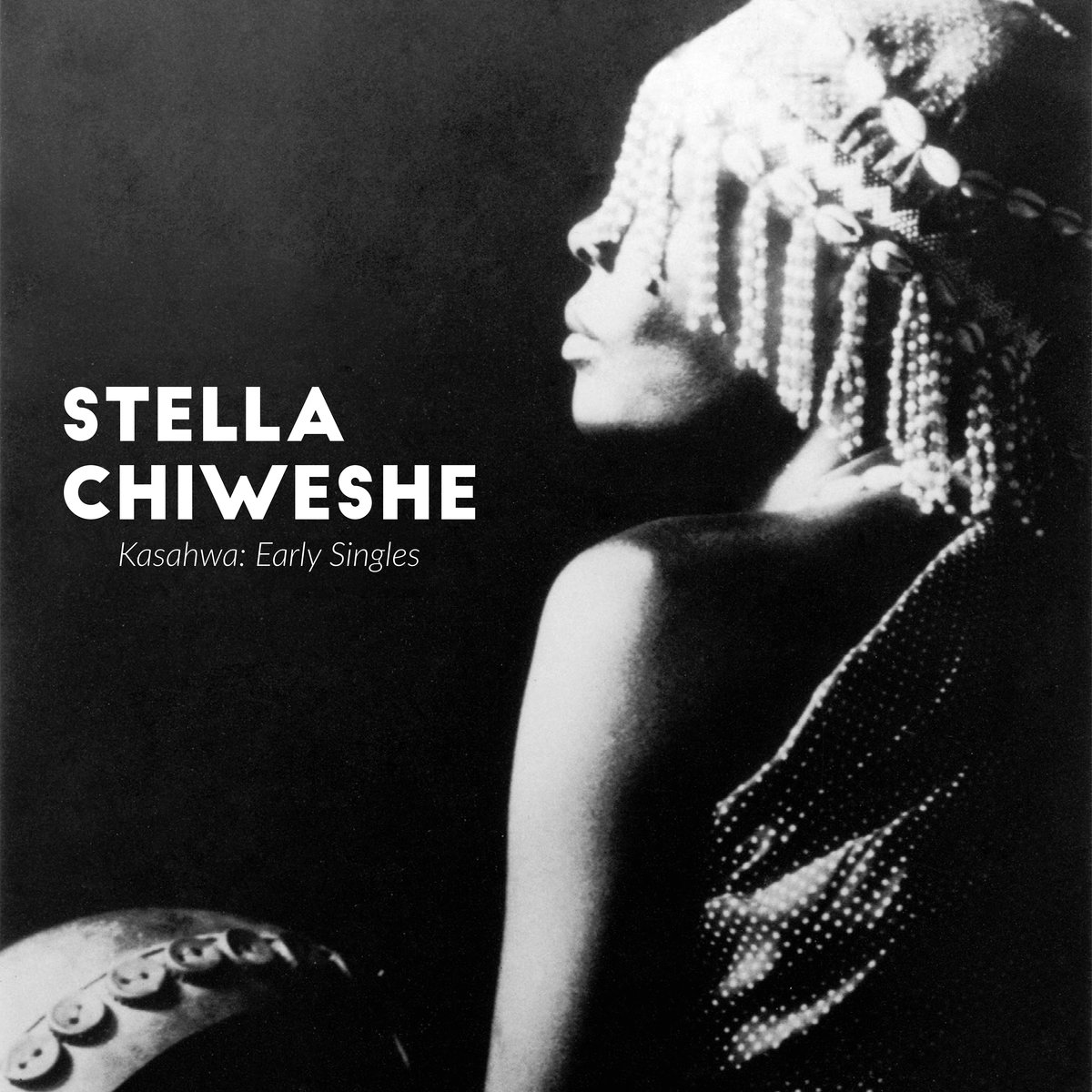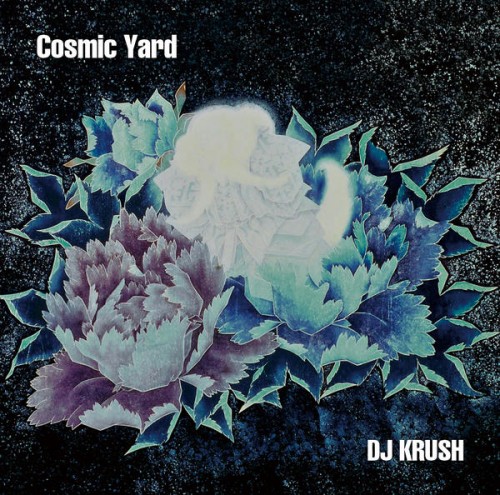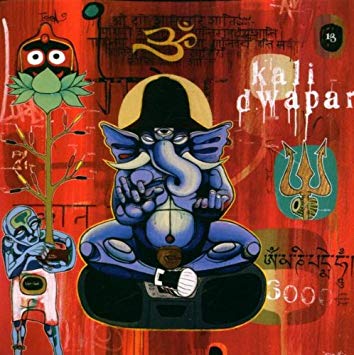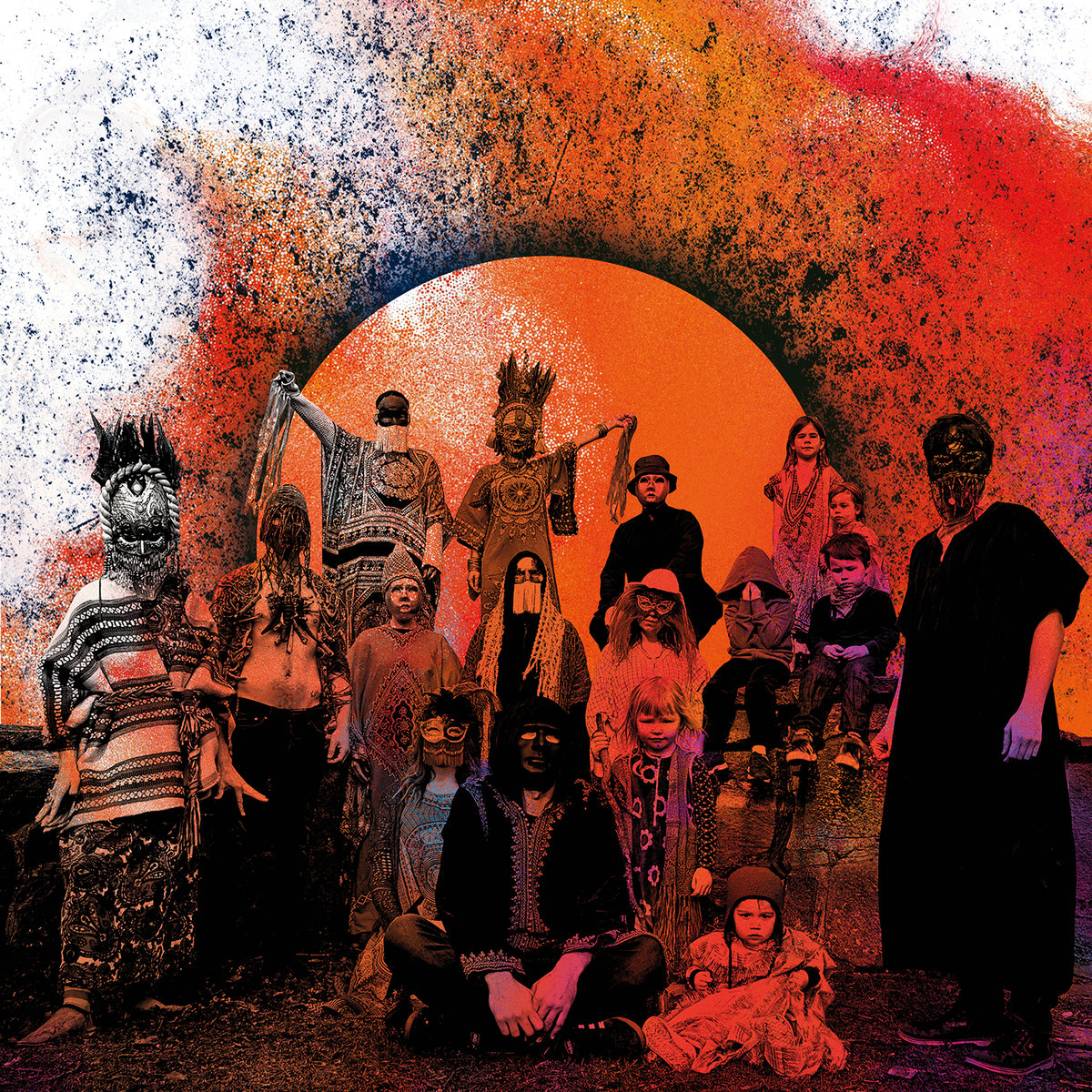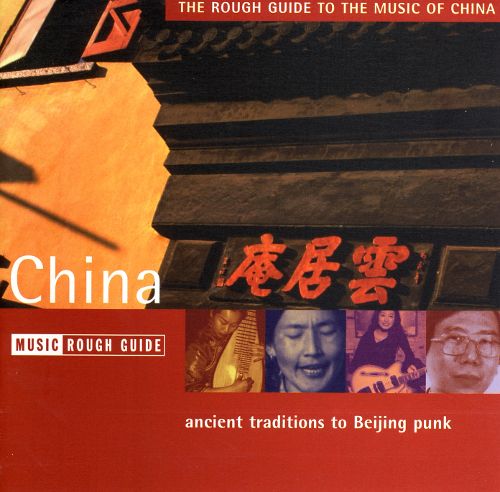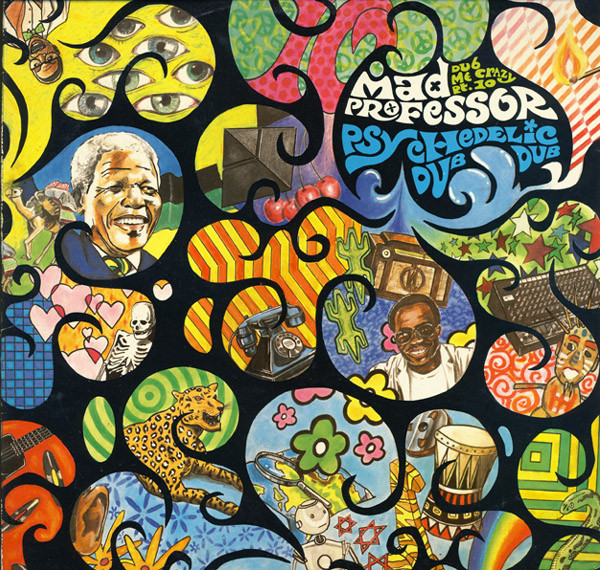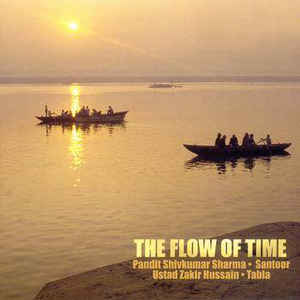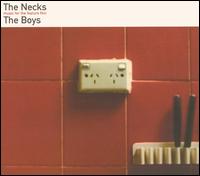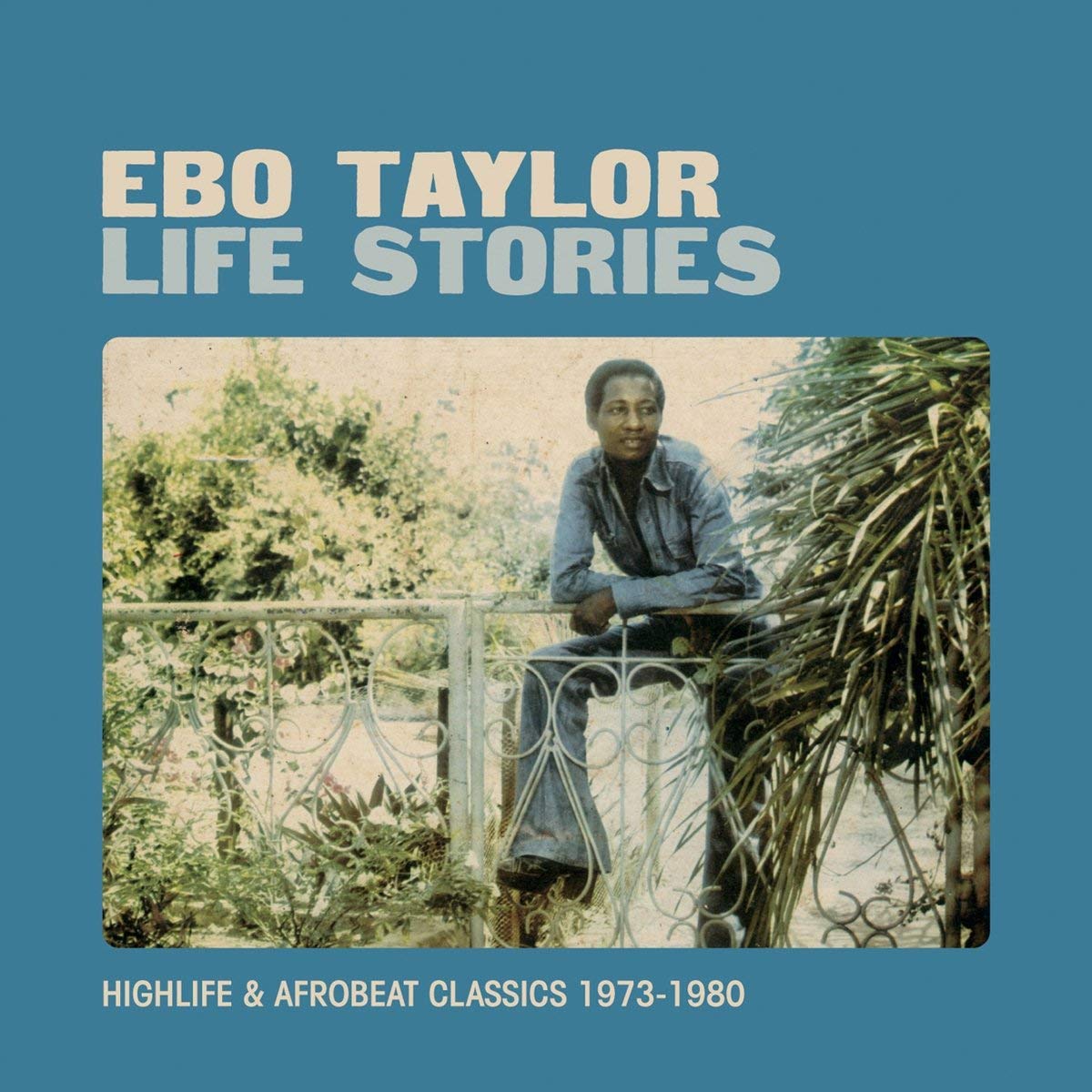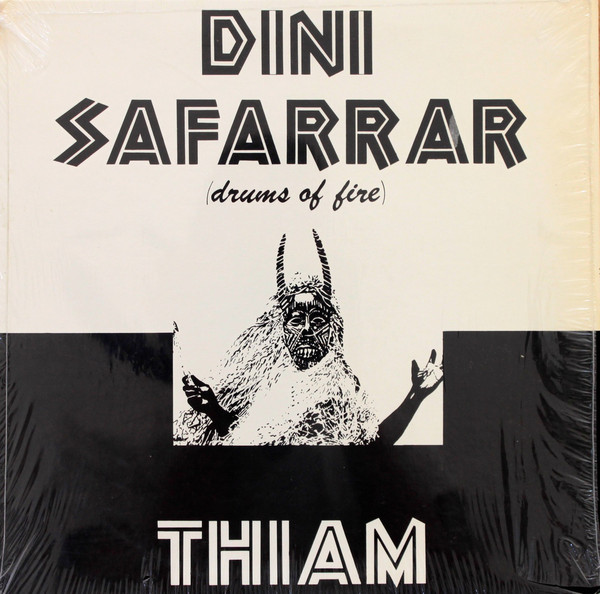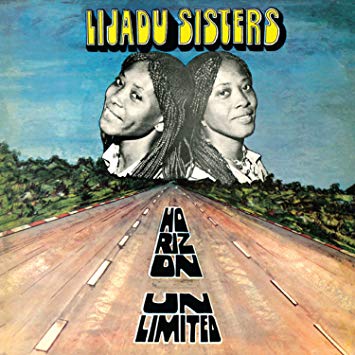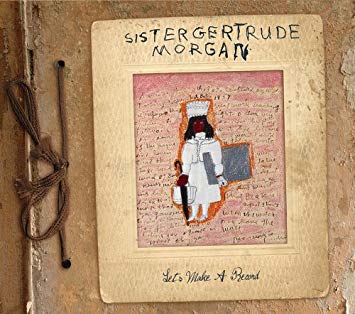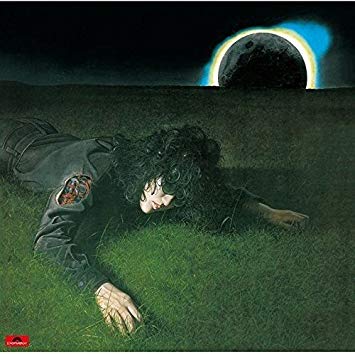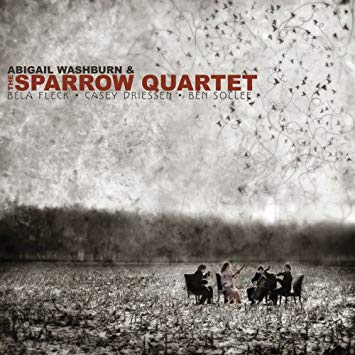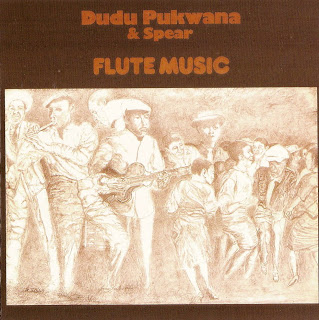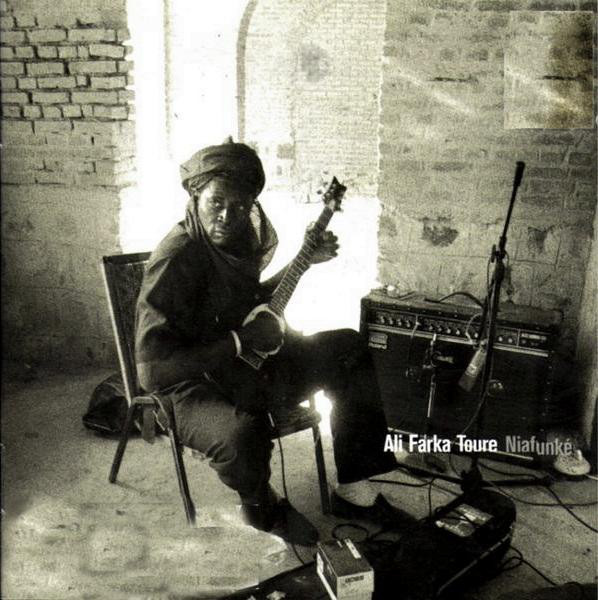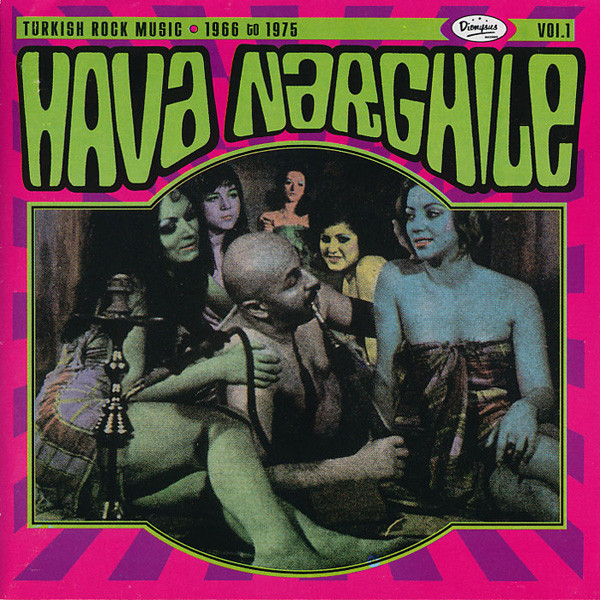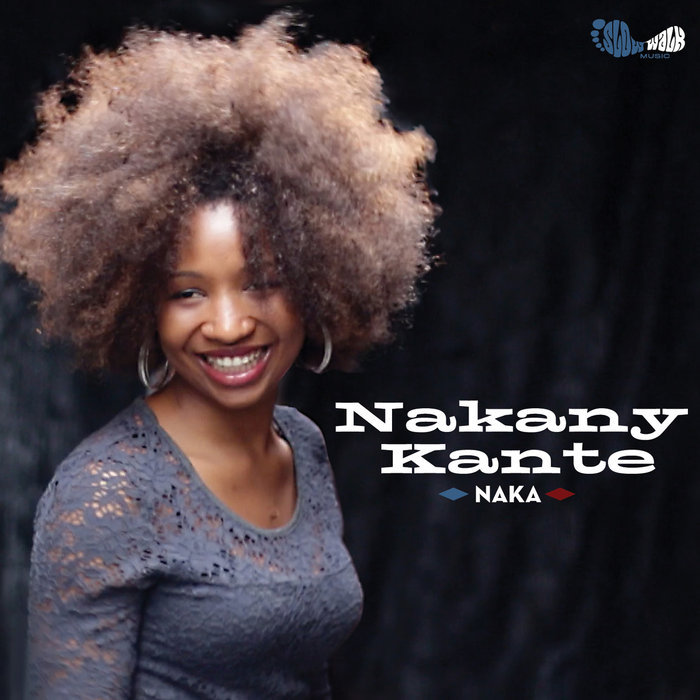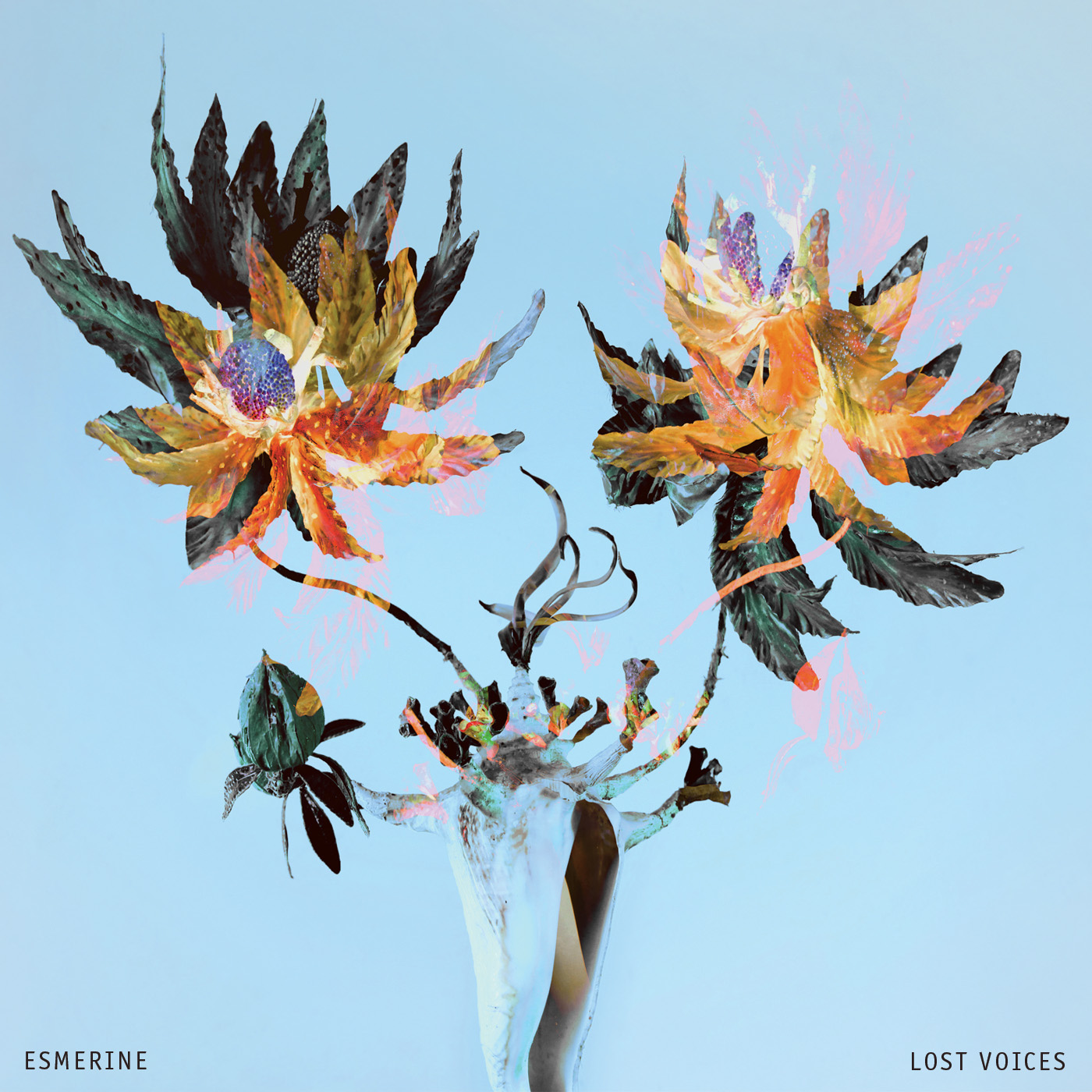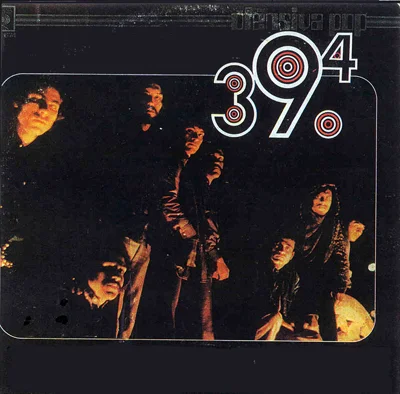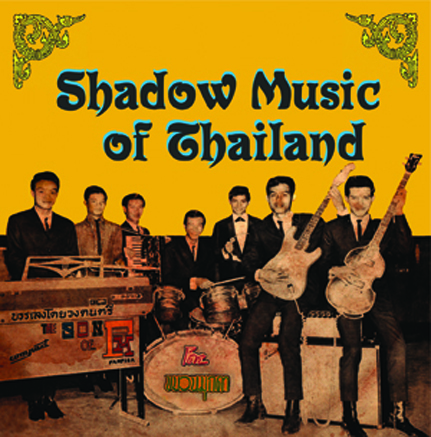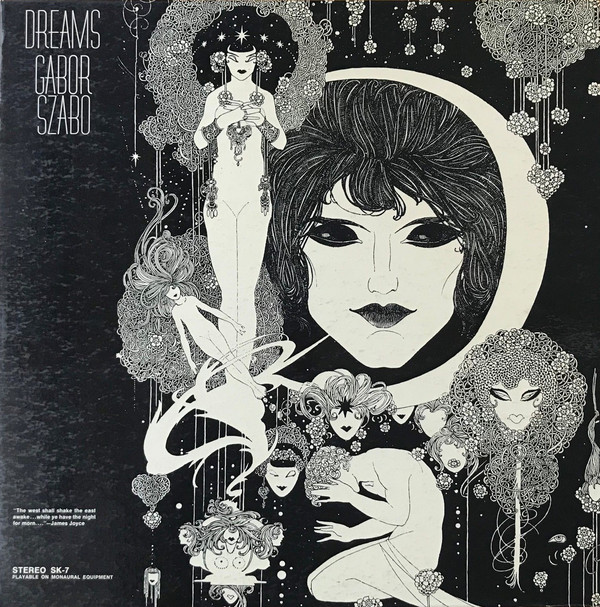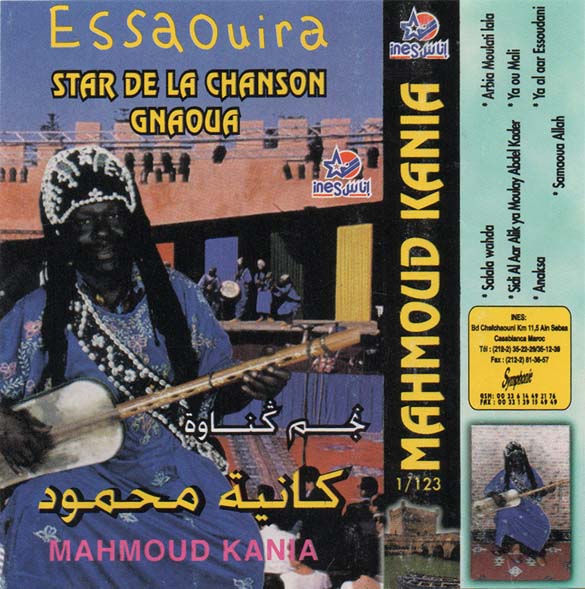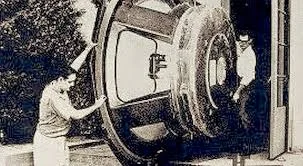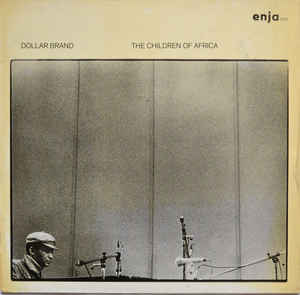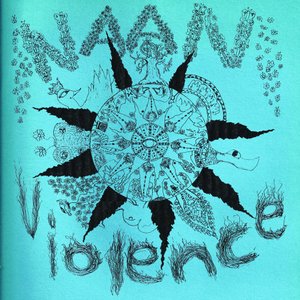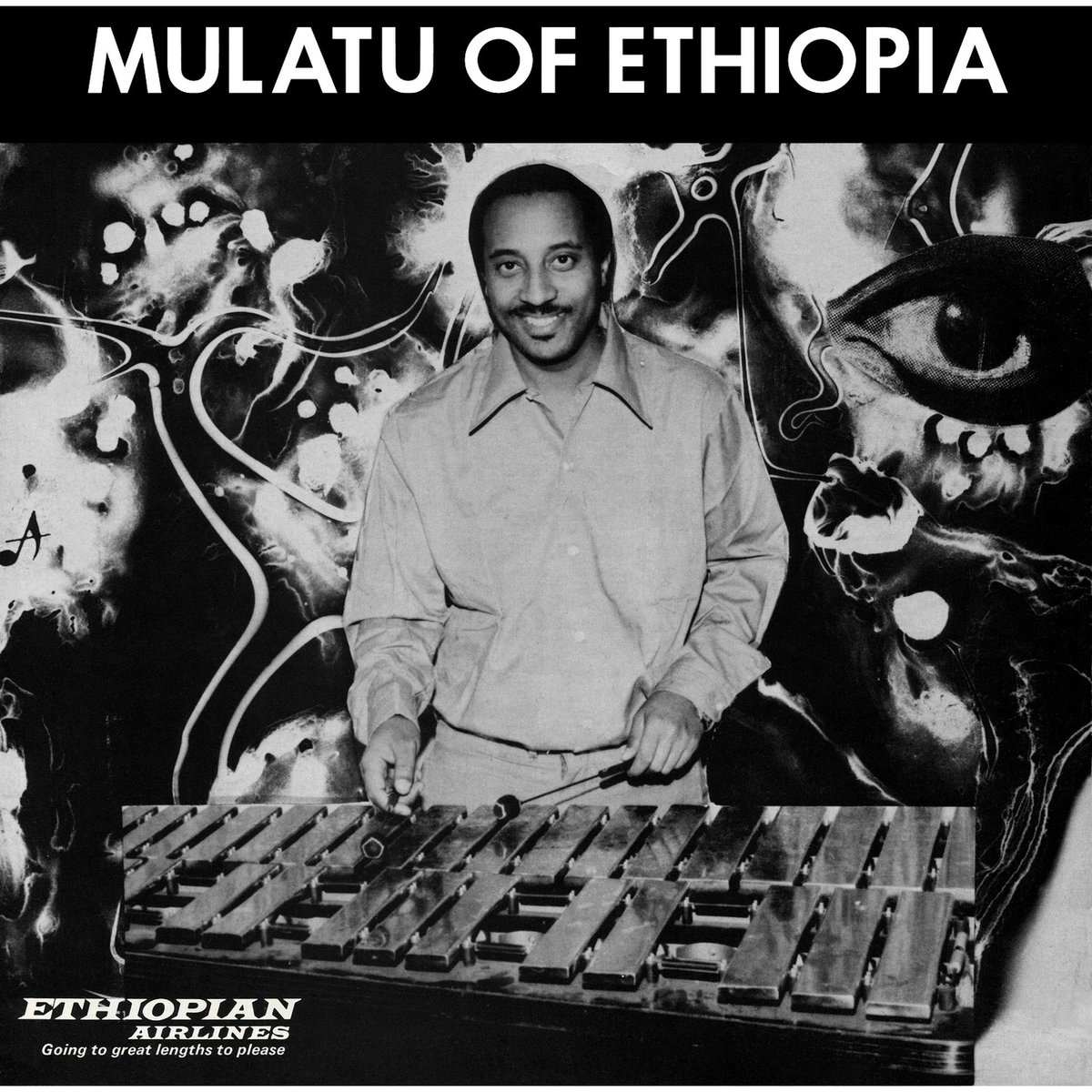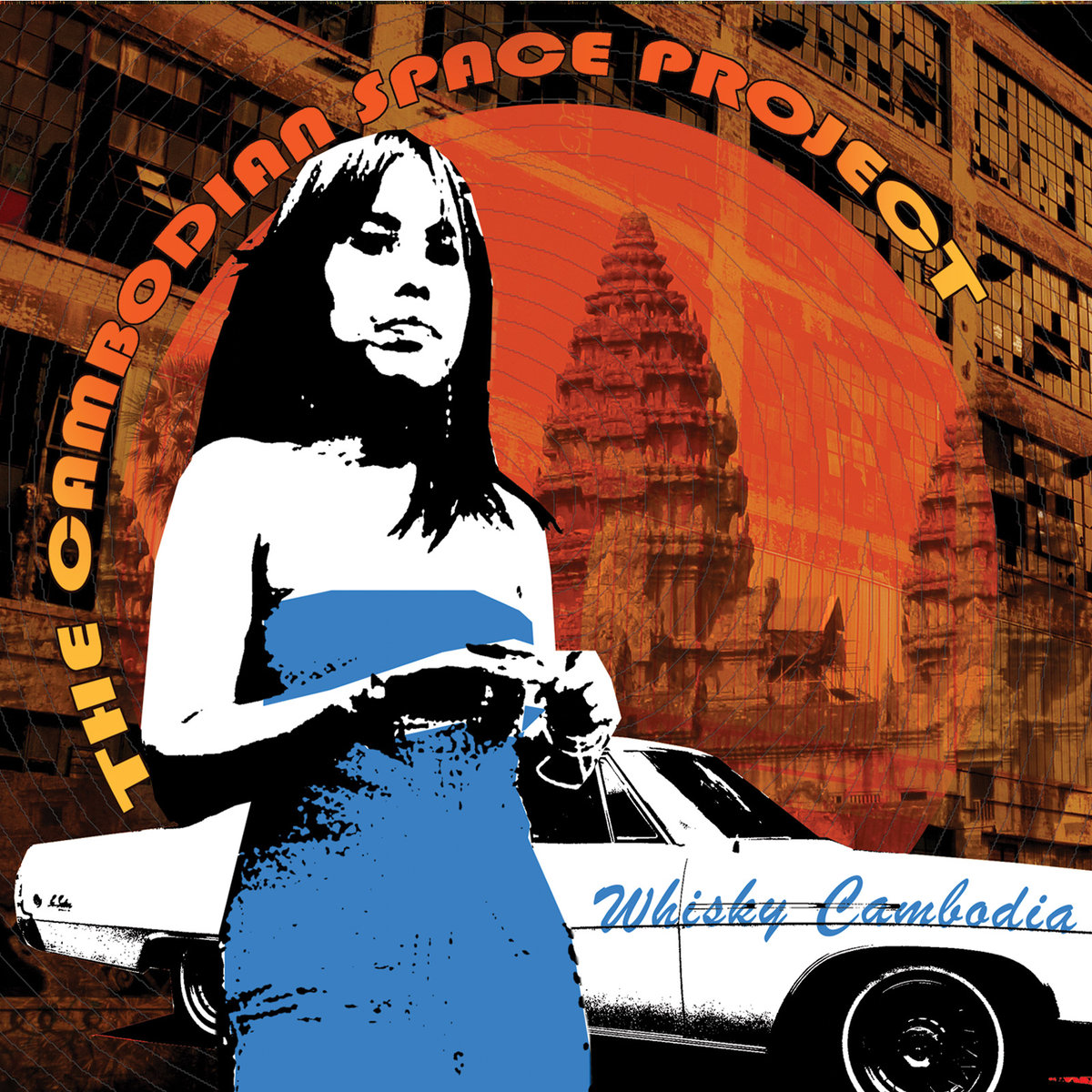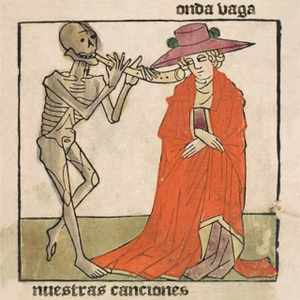Episode 18
Episode 18 originally appeared October 8, 2018.
Tracklising:
01) “Kasahwa” by Stella Chiweshe.
From the 2018 compilation Kasahwa: Early Singles.
Mhondoro, Zimbabwe.
Zimbabwean singer and musician Stella Chiweshe is internationally known as one of the leading players of the mbira dzavadzimu, “a traditional instrument of the Shona people of Zimbabwe.” She is one of the few female players of the instrument who learned to play at a time when it was forbidden for her to do so.
02) “Divine Projection” by DJ Krush.
From the 2018 album Cosmic Yard.
Tokyo, Japan.
DJ Krush (石 英明 Ishi Hideaki) is a pioneer in expansive, atmospheric instrumental hip hop, incorporating jazz, soul and funk.
03) “Palmistry” by Tabla Beat Science.
From the 2000 album Tala Matrix.
USA and India.
Tabla Beat Science is the collaboration of U.S. bassist and producer Bill Laswell and Indian Tabla player Zakir Hussain. The music combines Hindustani music, Asian music, Ambient and Drum and Bass.
04) “Lila Engel” by Neu!.
From the 1973 album Neu! 2.
Düsseldorf, Germany.
Neu! were at the forefront of a style of music later known as “Krautrock” (also called "kosmische Musik", German: "cosmic music") is a style of experimental rock that blends repetition with rock, jazz, funk, disco, avant-garde, and whatever else fit. According to Wikipedia, “Krautrock:”
“contributed to the evolution of electronic and ambient music as well as the birth of post-punk, alternative rock and New Age music. Important acts of the scene include Can, Kraftwerk, Neu!, Amon Düül II, Ash Ra Tempel, Cluster, Tangerine Dream, and Faust.”
We like it and we think you will too.
Purchase Neu!’s music at Amazon.
05) “Temple Rhythms” by Goat.
From the 2016 album Requiem.
Korpilombolo, Sweden.
Goat is a Swedish experimental group claiming to hail from Korpilombolo, a city which the band claims had a history of voodoo worship after the mysterious appearance of a witch doctor. When Christian crusaders came and destroyed the village, the people fled and placed a curse on the town.
06) “Nocturnal Light” by Kin Taii.
From the 2003 compilation The Rough Guide to the Music of China.
Fushun, China.
We have extolled the virtues of the Rough Guide music series before (Episode 04 and Episode 05 both featured tracks from The Rough Guide To Australian Aboriginal Music and Episode 12 featured a track from this introduction to China). What a great way to find music from all over the world. We recently gave the The Rough Guide to the Music of China.
07) “Psychedelic Dub” by Mad Professor.
From the 1990 album Psychedelic Dub.
Georgetown, Guyana.
Mad Professor (Neil Joseph Stephen Fraser) is a Guyanese-British producer and engineer not only known for his own productions but his remix work. If you haven’t heard his remix work for Massive Attack, we highly recommend checking it out as soon as you are able. No really.
Browse the interactive map of this week’s featured artists. To switch between episodes, use the window/toggle thing in the upper-left corner. This week’s artists are orange.


